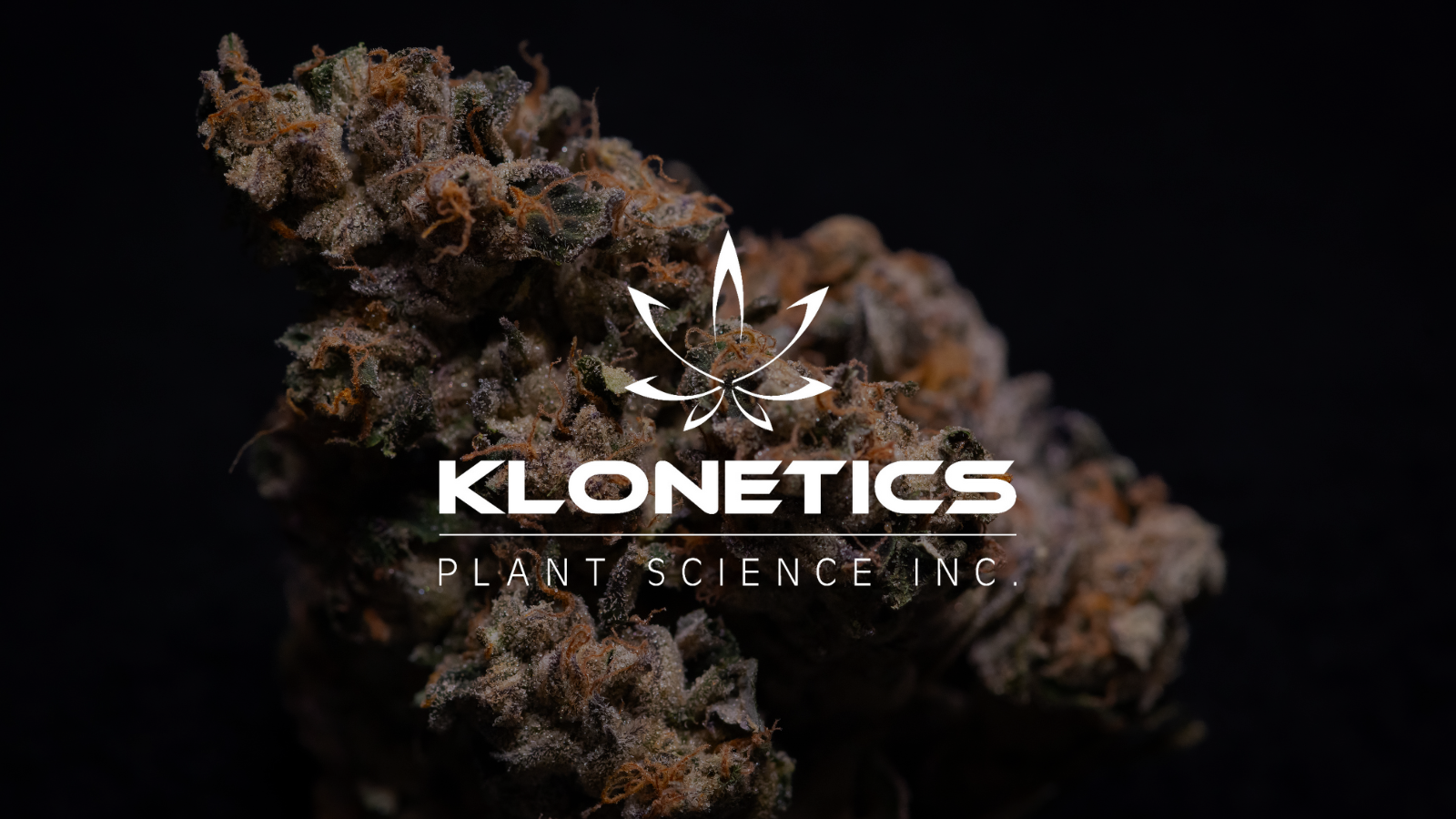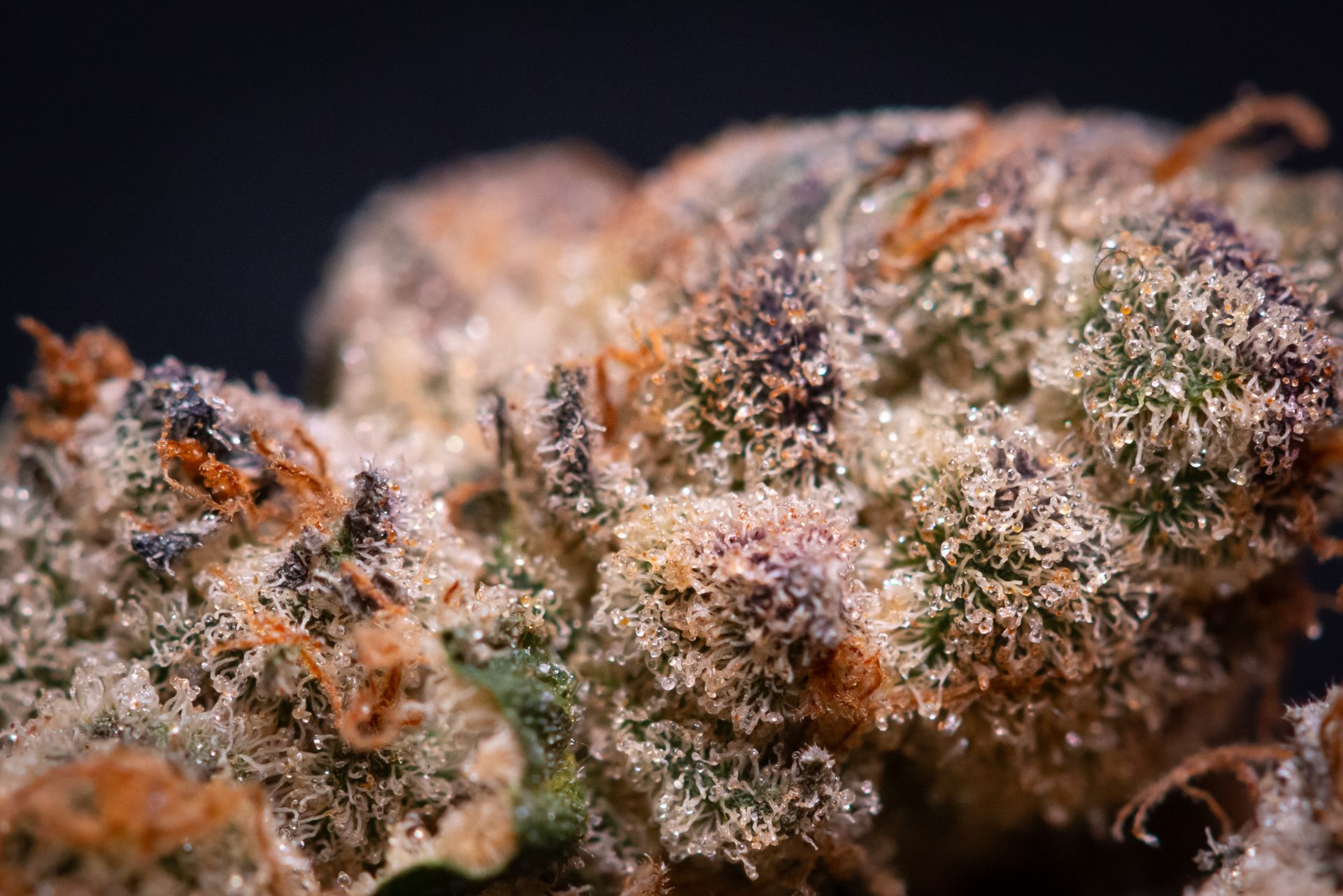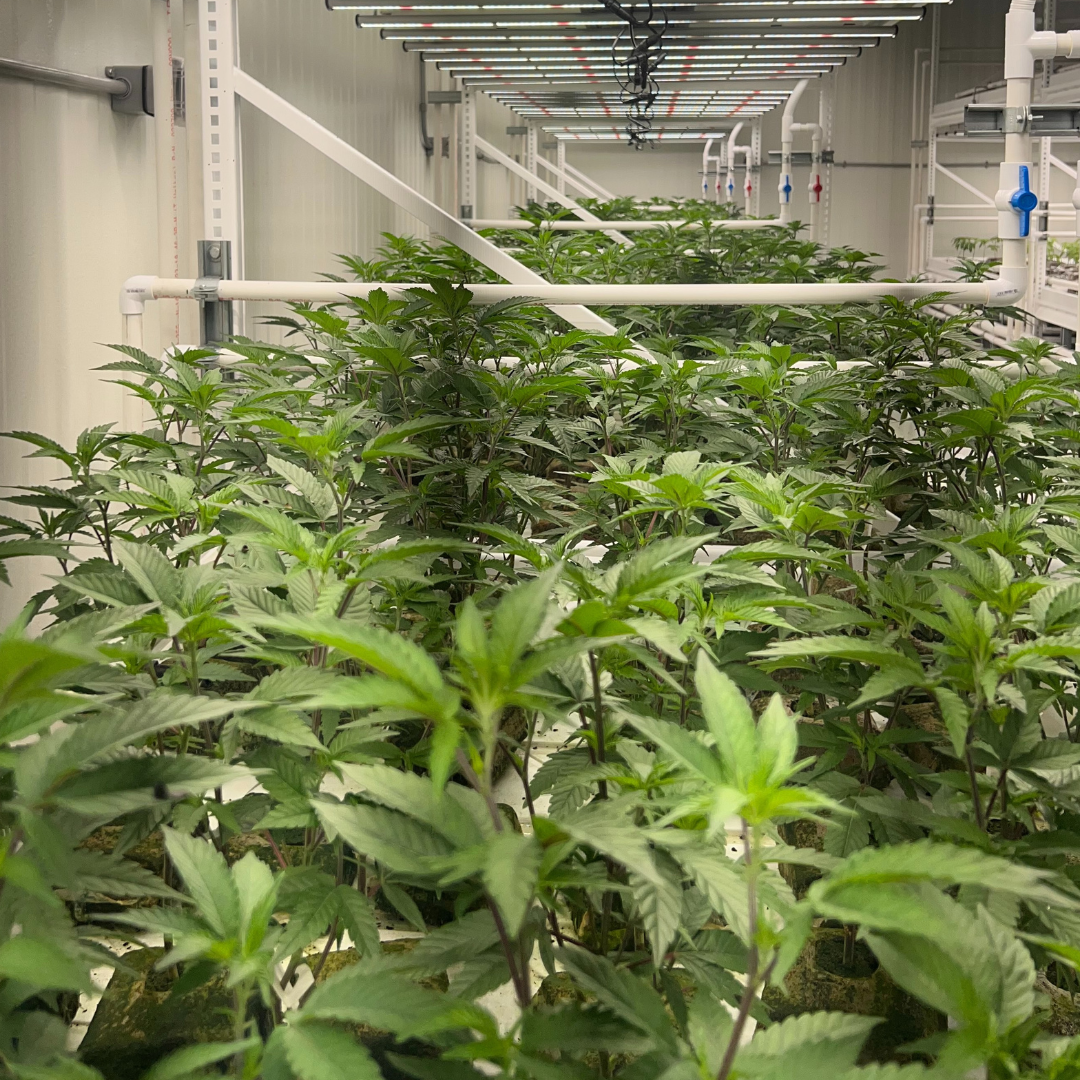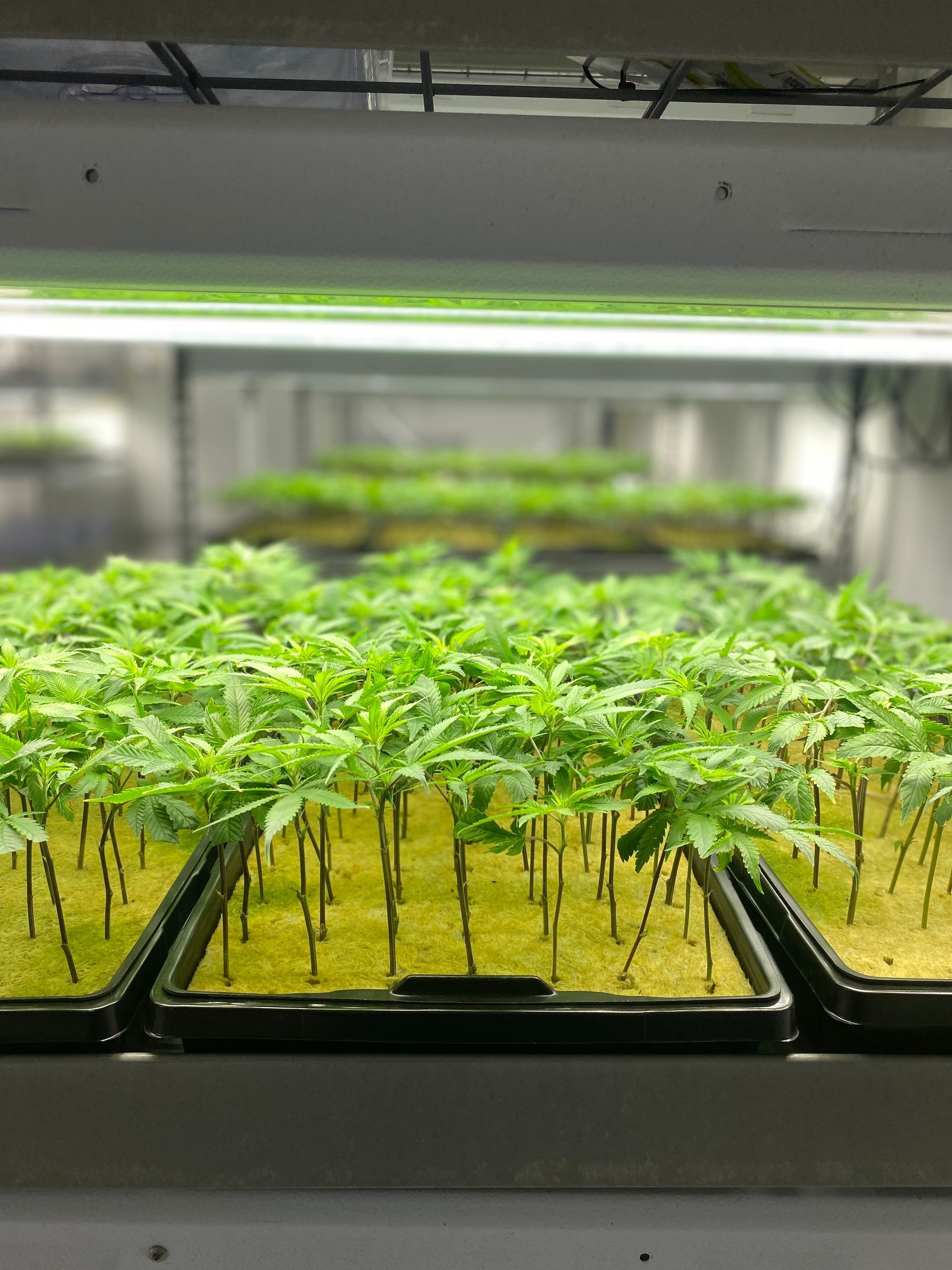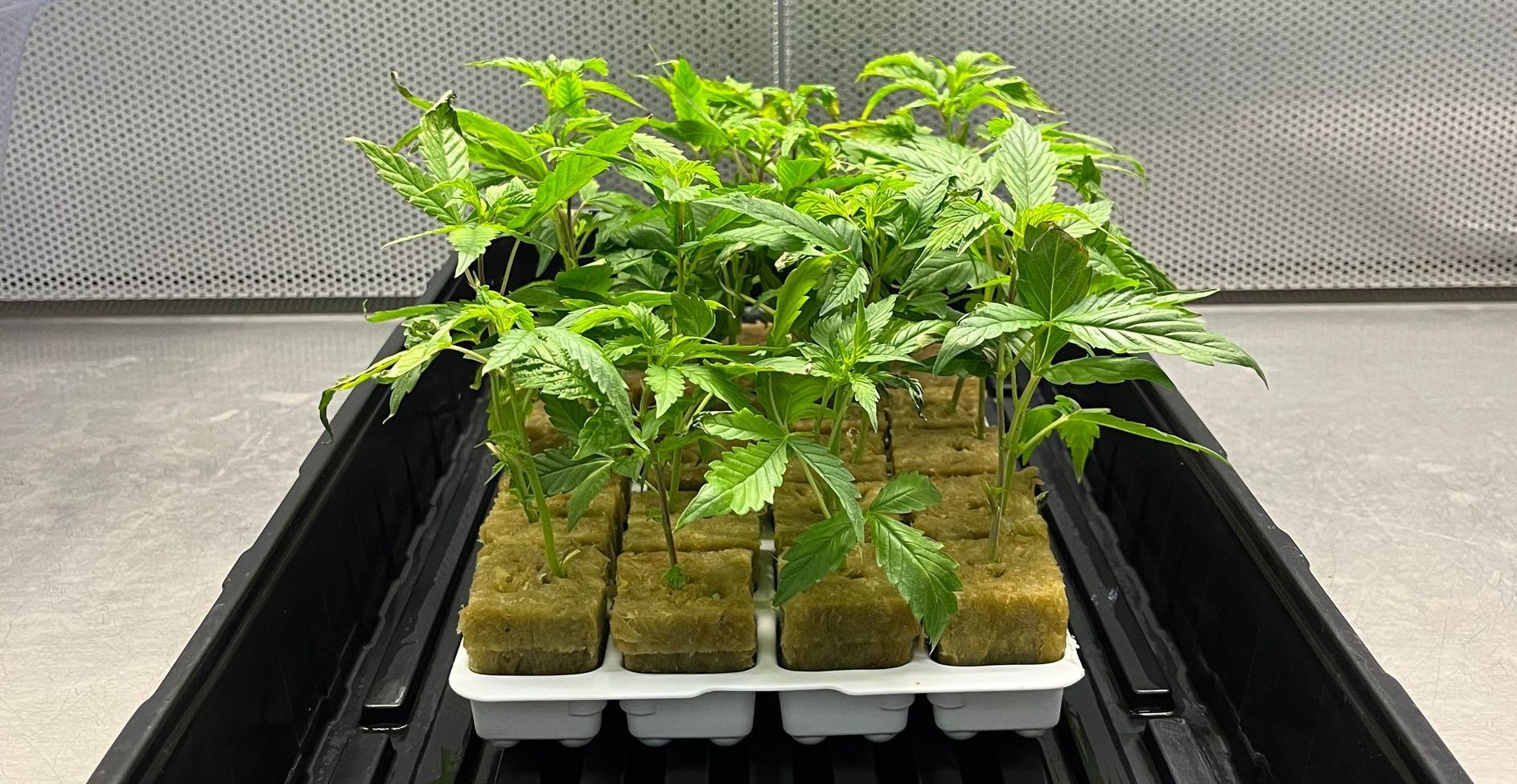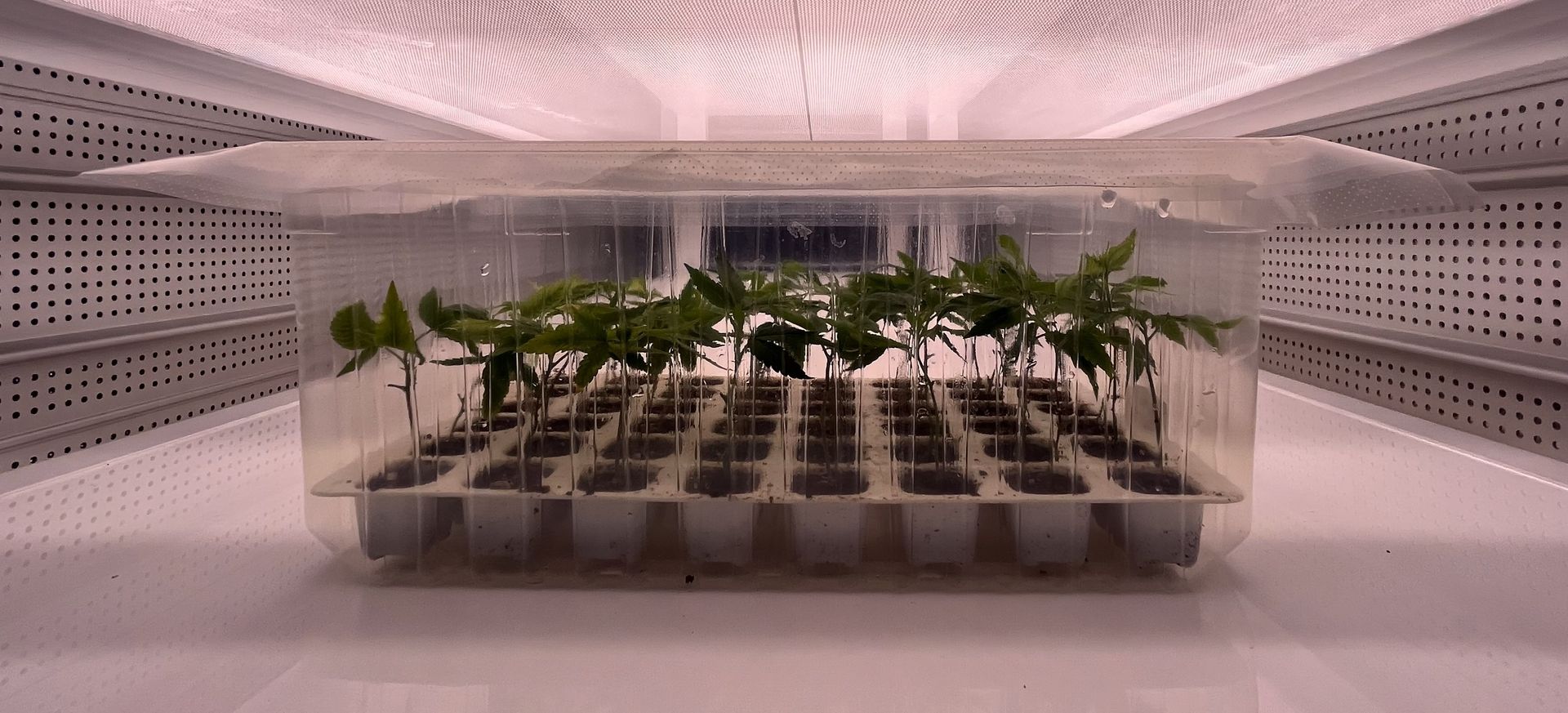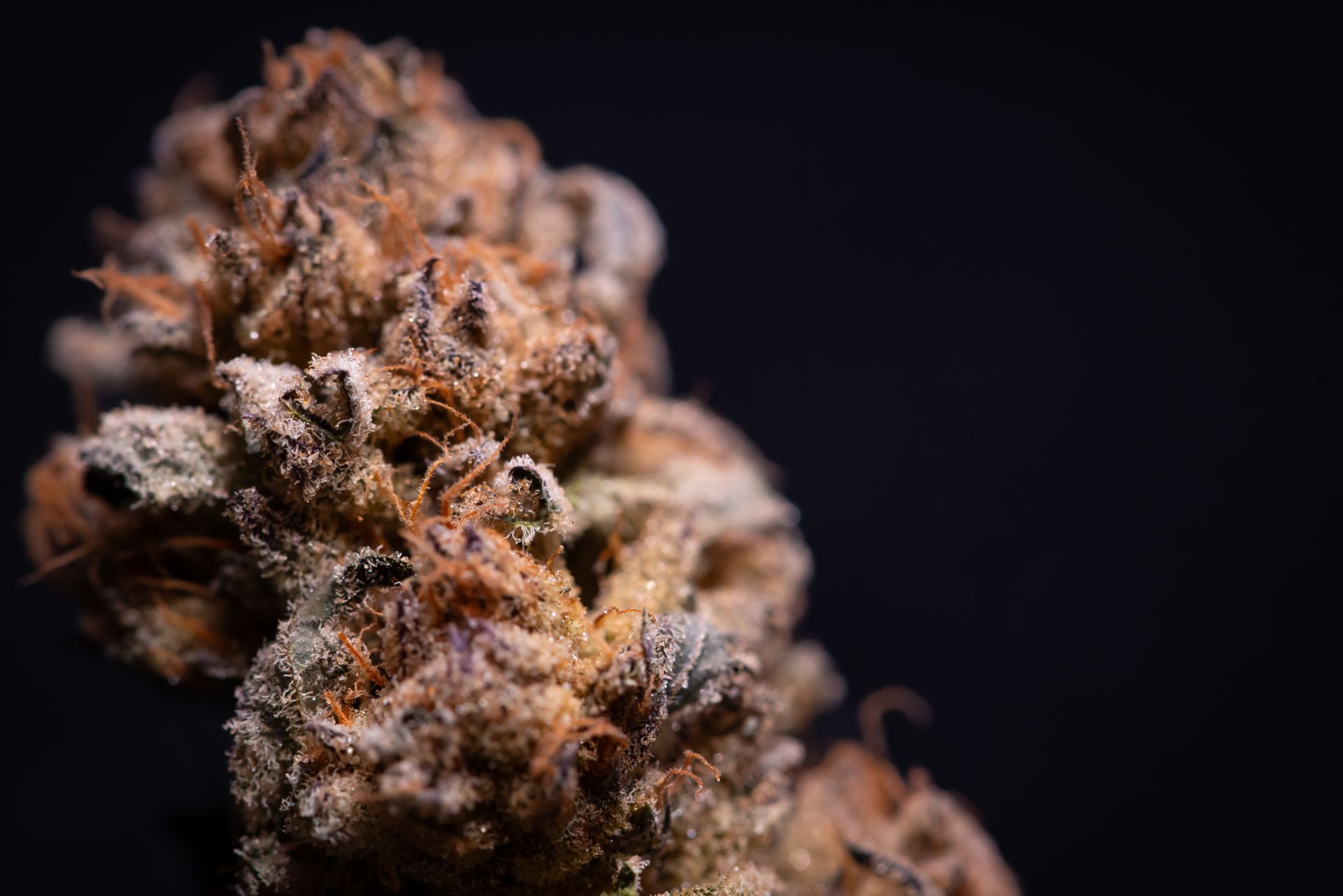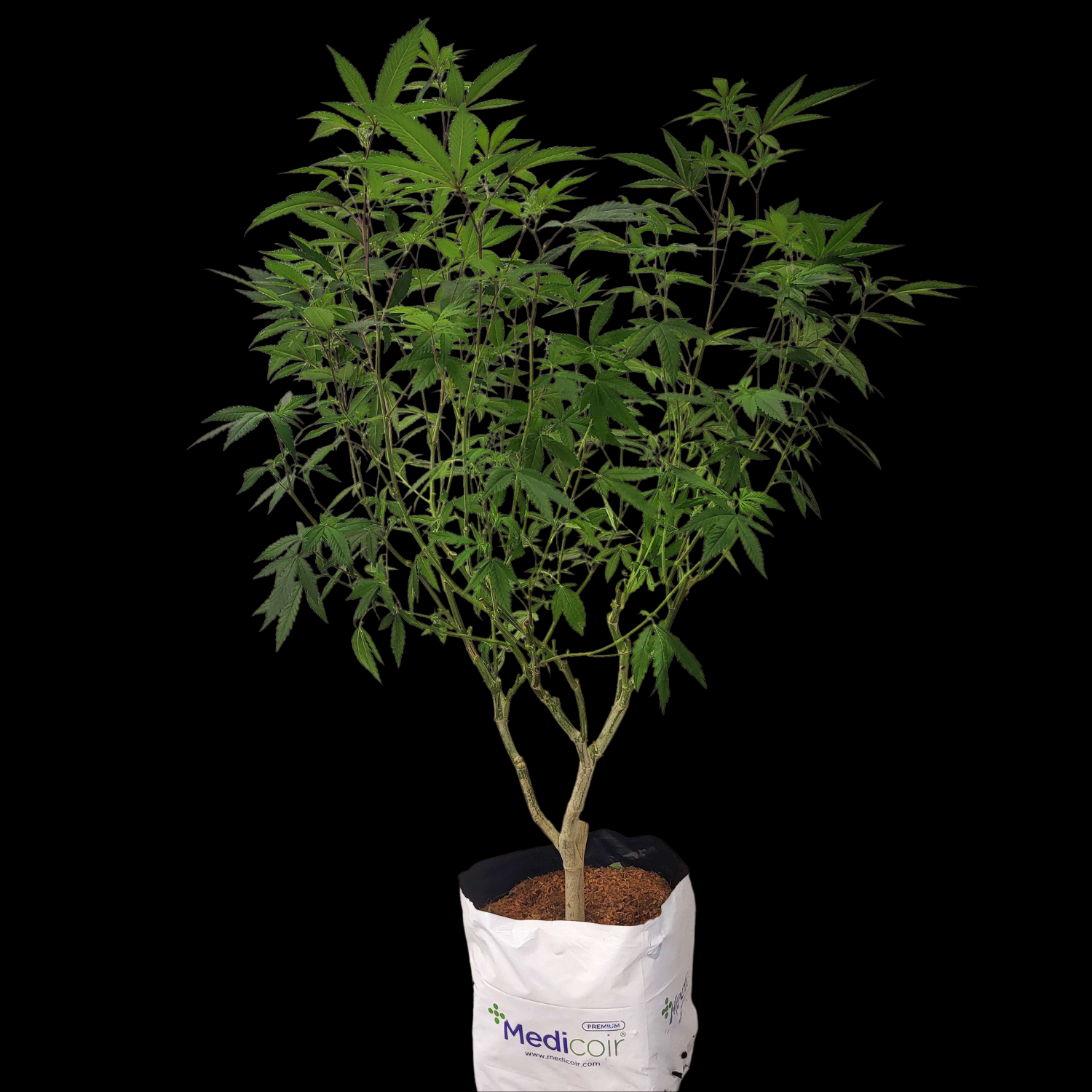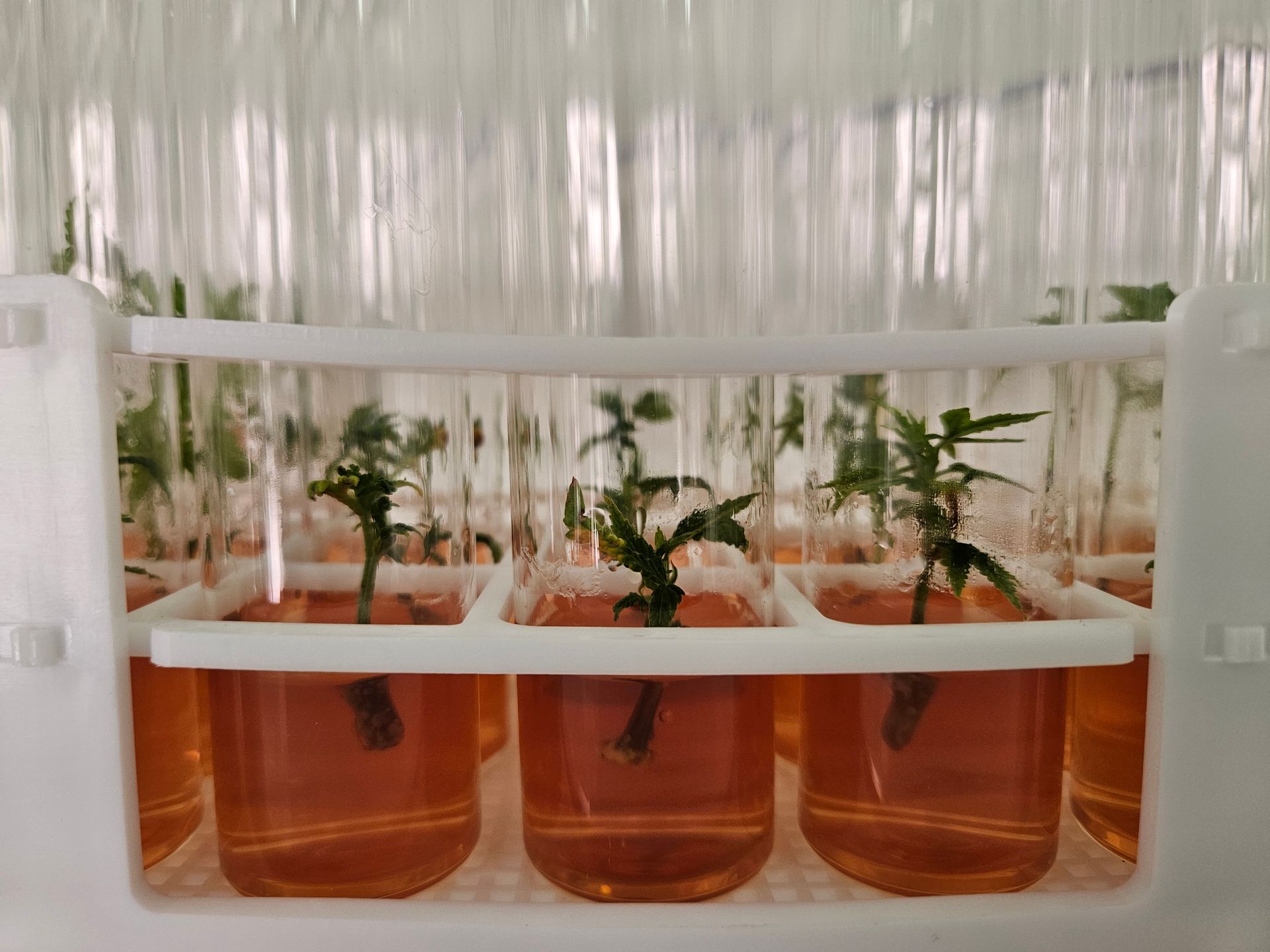Advanced Cannabis Clone Propagation and RTF Plants
Advanced Cannabis Clone Propagation and RTF Plants

Moving to advanced cloning and RTF plants makes growing simpler. It also helps the planet in an industry that's always changing. With more growers using these methods, cannabis farming's future seems brighter. It's set to satisfy the increasing market needs well.
Key Takeaways
- Advanced cannabis clone propagation can increase yields by up to 30%.
- RTF plants allow for earlier harvests and robust plant health.
- Klonetics Plant Sciences is at the forefront of RTF technology.
- Integrating new techniques boosts efficiency in cannabis cultivation.
- Technological advancements support sustainable farming practices in the cannabis industry.
Understanding Cannabis Clone Propagation
Cannabis clone propagation clones a plant's genetics for identical copies. This keeps the original plant's qualities like potency and taste through plant cloning. It's crucial for producing consistent, high-quality cannabis. Cloning lets growers reproduce their best plants. This maximizes yield and keeps the traits consumers want.
Klonetics Plant Sciences has developed new methods in cloning. These allow growers to use new technology to improve cloning. They've made methods that make sure clones grow the same in speed and quality. This is key for commercial success. Their approach may help the cannabis industry grow as more people want cannabis.
Types of Cannabis Propagation Methods
Cannabis propagation is key for growers looking to succeed. It involves two main methods: seed propagation and clone propagation. Both have their own benefits and drawbacks.
Seed propagation starts with germinating seeds. It brings genetic variety, meaning plants can have different traits. This makes for diverse flowers but can be tricky to manage. Clones come from mother plants, ensuring each one is the same. This method is favored for its consistency.
Cuttings allow for quicker growth, helping growers control their operations better. Klonetics Plant Sciences highlights the importance of quality cuttings for high yields. Choosing strong mother plants boosts production dramatically.
To wrap up, understanding seed and clone propagation is crucial. Each has its place in cannabis farming.
They offer options for genetic diversity or uniformity in crops.
Advanced Cannabis Clone Propagation and RTF Plants
RTF plants, or Ready to Flower plants, are a big leap forward in growing cannabis. They help the plant flower faster and grow better. This is really important for growing cannabis on a large scale.
What are RTF Plants?
RTF plants are made to make cloning cannabis easier and better. They use new cloning methods to cut down the time it takes for a plant to go from being cloned to being ready to harvest. This helps growers keep up with what people want to buy more easily.
Benefits of RTF Technology in Propagation
Companies like Klonetics Plant Sciences show that RTF technology has many benefits. It makes plants more resistant to diseases, which helps keep them healthy. This tech also makes sure plants grow well and gives more reliable harvests. Using RTF technology makes growing cannabis simpler and helps growers do better than others in the business.
Also, new discoveries in genomics are helping us understand cannabis genetics better. This helps a lot in making RTF plants. Scientists can now find genes that make plants grow well. This makes crops grow stronger and produce more, which is really needed as more people want quality cannabis products.
The Role of Tissue Culture in Marijuana Cultivation
Tissue culture is a cutting-edge method used in growing marijuana. It uses a technique called micropropagation. This allows elite cannabis clones to be grown in a controlled setting. They are genetically the same and free from diseases. Tissue culture ups the success of growing cannabis. This has made tissue culture labs in the cannabis industry very popular.
Micropropagation Techniques
Micropropagation uses small pieces of the cannabis plant. These pieces are placed in a nutrient-rich environment to grow. This method produces more clones in less time than older methods. It makes growing cannabis more efficient. Growers save money on work and have fewer plants die. By choosing the healthiest plants to grow, cannabis health is boosted.
The Advantages of Tissue Culture
Using tissue culture in marijuana farming has many benefits. It helps keep the genetics of top strains safe for a long time. This protects the strains from problems in their environment. Tissue culture also makes plants grow faster. This can mean more products for growers to sell. Companies like Klonetics Plant Sciences are leading in making cannabis farming better. They are working on ways to keep cannabis plants healthy and strong7.
Mother Plants: The Foundation of Successful Cloning
The key to good cannabis cloning is picking and looking after healthy mother plants. Growers should pick plants with strong genes, good health, and the right age for cloning. This way, their clones are more likely to do well.
Choosing the Right Mother Plants
It's vital to pick the best mother plants for cloning. Look for plants with stable genes, strength, and proven success. Strong, healthy mother plants create better clones. Don’t forget to consider how well they handle different environments and fight off pests and diseases.
Maintaining Health and Vitality
Keeping mother plants healthy needs constant care. Right feeding, enough light, and water are key. Watching for and stopping diseases and pests is also crucial. Doing these things means mother plants can give quality cuttings for cloning.
Rooting Hormones: Enhancing Propagation Success
Rooting hormones play a big part in improving the success rates of growing cannabis clones. About 95% of the time, advanced growers use these hormones8. Typically, they include stuff like auxins, cytokinins, and gibberellins, which help roots grow faster and healthier. Researchers have found that using these hormones really helps plants, including cannabis, regenerate better.
Gardeners use different methods to apply rooting hormones, like dipping or using a powder. These methods make sure the plants absorb the good stuff, which helps clones survive better in their early life. Also, the right mix in rooting hormones can make plants grow more parts, which is great for their health.
Choosing the right rooting hormones can help growers meet their cloning goals. This careful choice boosts the health and growth of plants as they move to the vegetative stage. Since different strains of cannabis react differently to these hormones, knowing which ones work best is key to growing success.
Optimizing the Propagation Environment
To get the best out of cannabis clones, creating an ideal growing environment is key. You need the right temp and moisture. Using tools like hygrometers and thermostats helps keep everything perfect for growing healthy plants.
Temperature and Humidity Control
Keeping your cannabis clones at the right temp is super important. They thrive at 70°F to 80°F. Also, keep the air moist, but not too wet, aiming for 60% to 80% humidity. This helps the clones grow strong without stress. You might use devices like humidifiers or dehumidifiers to stay on target.
Lighting Considerations for Clones
The right lights make a huge difference for cannabis clone health. Whether it’s LED or fluorescent lights, picking the right one matters. The color of the light is key too—blue for growing and red for flowering. Aim for a light strength of 200 to 400 μmol/m²/s. Also, clones do best with about 16 hours of light followed by 8 hours of dark.
Aeroponics vs. Hydroponics in Clone Propagation
Aeroponics and hydroponics are important methods for cloning plants, each with special advantages. While aiming to create the best growing conditions for cannabis, they differ in nutrient and water delivery to plants.
Differences Between Aeroponics and Hydroponics
Aeroponics hangs plants in the air, misting their roots with nutrient-rich water. This method boosts oxygen flow, leading to quick root growth and better plants. Hydroponics, meanwhile, uses a water solution for nutrients. Plants grow in a material that keeps them moist. This method is easier to scale up for big grows10.
Benefits of Each Method for Cannabis Cultivation
Aeroponics is great for saving water and cutting disease risk from still water. It lets growers finely control the plant's environment for the best health. Hydroponics is simpler and user-friendly, perfect for beginners. Both ways are elite for growing top-grade clones, pushing cannabis cultivation forward.
Transitioning Clones to the Vegetative Stage
Moving clones to the vegetative stage is crucial in their growth. It's important to pay close attention to factors that help young plants grow well. First, ease the clones into their new surroundings. Make sure they get the right amount of soft light and humidity. Also, shifting what they eat is key. During this change, they need different nutrients to grow strong.
Changing how bright their light is, is key at this stage. Cannabis plants do best in bright light. Studies show that plants in dim light don't grow as many leaves as those in bright light. The amount of light changes how much starch and chlorophyll they have. This affects their growth. Clones with the best light can grow more and give a better harvest.
It's also vital to watch the environment. Keep the right temperature and humidity for the best health. Making sure these needs are met helps the plants grow stronger. This might lead to more yield later. Klonetics Plant Sciences notes the importance of this phase for strong cannabis types that do well in many growing conditions.
Conclusion
Advanced cannabis propagation techniques are key for top yields and quality in growing. RTF plants have brought big improvements to cloning, making plants healthier and growth more reliable. These advanced practices help growers see the big benefits of science in cultivation, especially when looking to boost their growing strategies.
Starting with the right mother plants, using rooting hormones, and controlling the environment are basic steps. These steps are shared in this article as a great guide for growers. By following these methods, growers can increase their productivity and use sustainable practices, highlighting the need for education and change in propagation.
The cannabis industry is always getting better, with new tech and a focus on quality. With these updated practices, growers can greatly improve their work. This includes systems from Klonetics Plant Sciences, which help growers reach new levels of success1314.
FAQ
What is advanced cannabis clone propagation?
Advanced cannabis clone propagation uses new methods to create exact copies of cannabis plants. It keeps qualities like strength and taste the same. This approach is key for producing top-notch cannabis consistently.
How do RTF plants improve the propagation process?
RTF (Ready to Flower) plants are grown to flower faster and grow better overall. They lead to faster harvesting, fight off diseases better, and create ideal growing conditions. This means growers can expect more consistent yields.
What are the advantages of using tissue culture for cannabis propagation?
Tissue culture lets us grow many plants in a controlled setting, which keeps them disease-free and growing quickly. It also keeps plant genetics safe for a long time. This boosts the health and life of cannabis crops.
How can I select healthy mother plants for cloning?
Choosing healthy mother plants means checking their genes, health, and age. Keep them healthy with good care, like managing nutrients and preventing diseases. This ensures they make top-quality cuttings.
What role do rooting hormones play in clone propagation?
Rooting hormones speed up root growth in cannabis clones. They have special chemicals that boost growth and survival rates in the clones' early stages.
What environmental factors should I control during propagation?
Important environmental factors include the right temperature and humidity, and good lighting. Controlling these helps cannabis clones grow strong and heal during propagation.
What are the differences between aeroponics and hydroponics in cannabis cultivation?
Aeroponics sprays plant roots with water and air, which helps with oxygen and water use. Hydroponics grows plants in a water-nutrient mix. Each method offers unique benefits for growing cannabis.
How can clones be successfully transitioned to the vegetative stage?
Clones move to the vegetative stage by getting used to their new space, adjusting their nutrients, and watching for environmental changes. This encourages strong and healthy growth as they develop.
Useful Links
Klonetics Plant Sciences Home Page
Read More
Klonetics Maximizing Cultivation
Canadian Government
National Research Council of Canada


